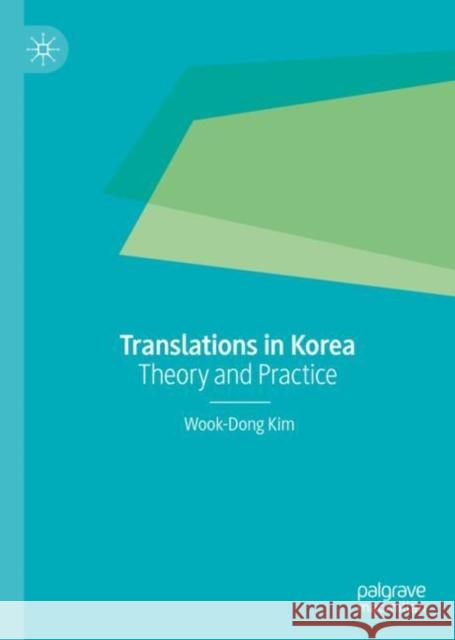Translations in Korea: Theory and Practice » książka
topmenu
Translations in Korea: Theory and Practice
ISBN-13: 9789811365119 / Angielski / Twarda / 2019 / 178 str.
Translations in Korea: Theory and Practice
ISBN-13: 9789811365119 / Angielski / Twarda / 2019 / 178 str.
cena 301,89
(netto: 287,51 VAT: 5%)
Najniższa cena z 30 dni: 289,13
(netto: 287,51 VAT: 5%)
Najniższa cena z 30 dni: 289,13
Termin realizacji zamówienia:
ok. 16-18 dni roboczych.
ok. 16-18 dni roboczych.
Darmowa dostawa!
Kategorie:
Kategorie BISAC:
Wydawca:
Palgrave MacMillan
Język:
Angielski
ISBN-13:
9789811365119
Rok wydania:
2019
Wydanie:
2019
Ilość stron:
178
Waga:
0.39 kg
Wymiary:
21.01 x 14.81 x 1.27
Oprawa:
Twarda
Wolumenów:
01
Dodatkowe informacje:
Wydanie ilustrowane











